
The Freedom to Dream: La Verrière at Fondation d’entreprise Hermès
La Verrière, the exhibition space of the Fondation d’entreprise Hermès in Brussels,…
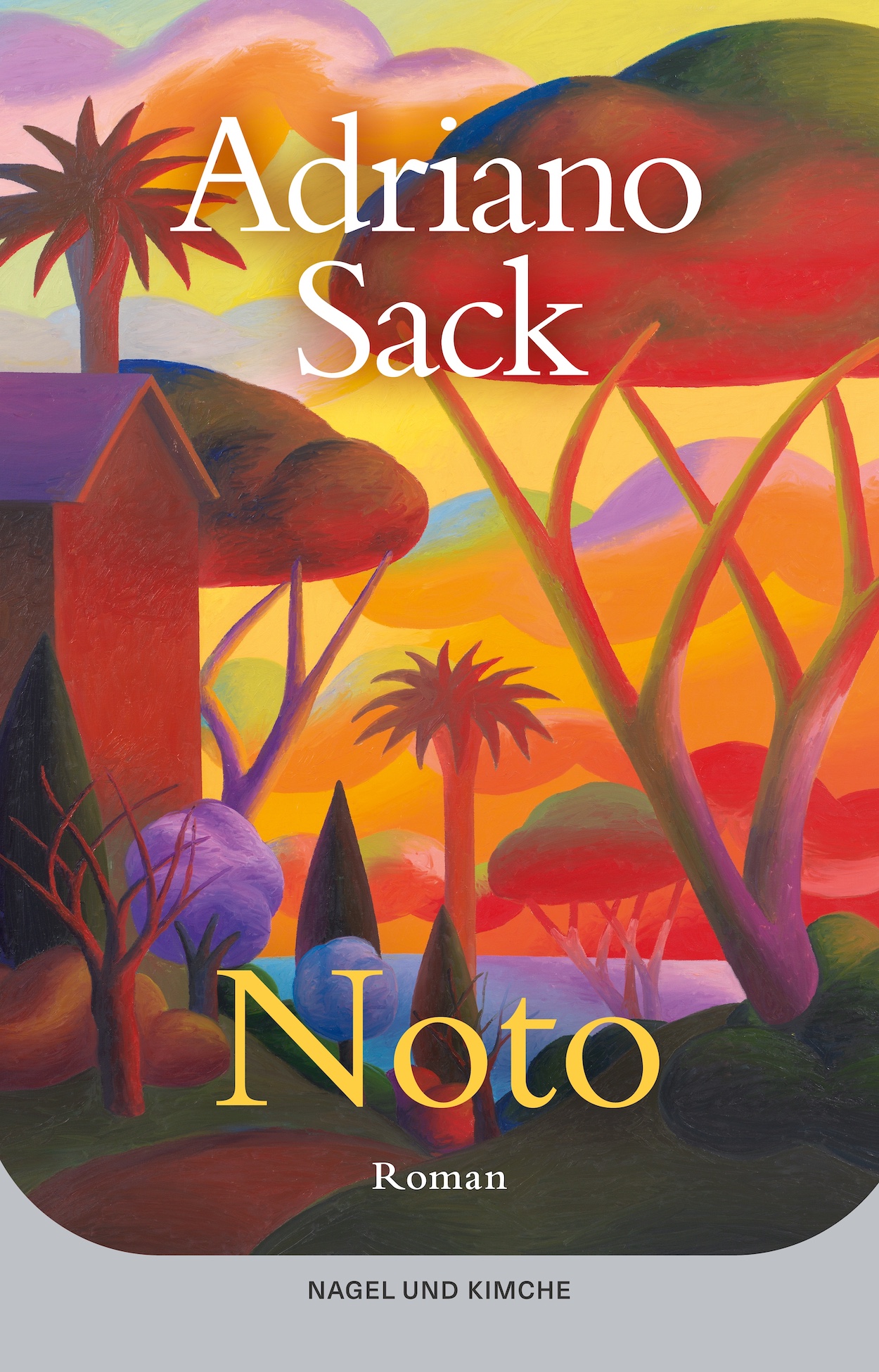
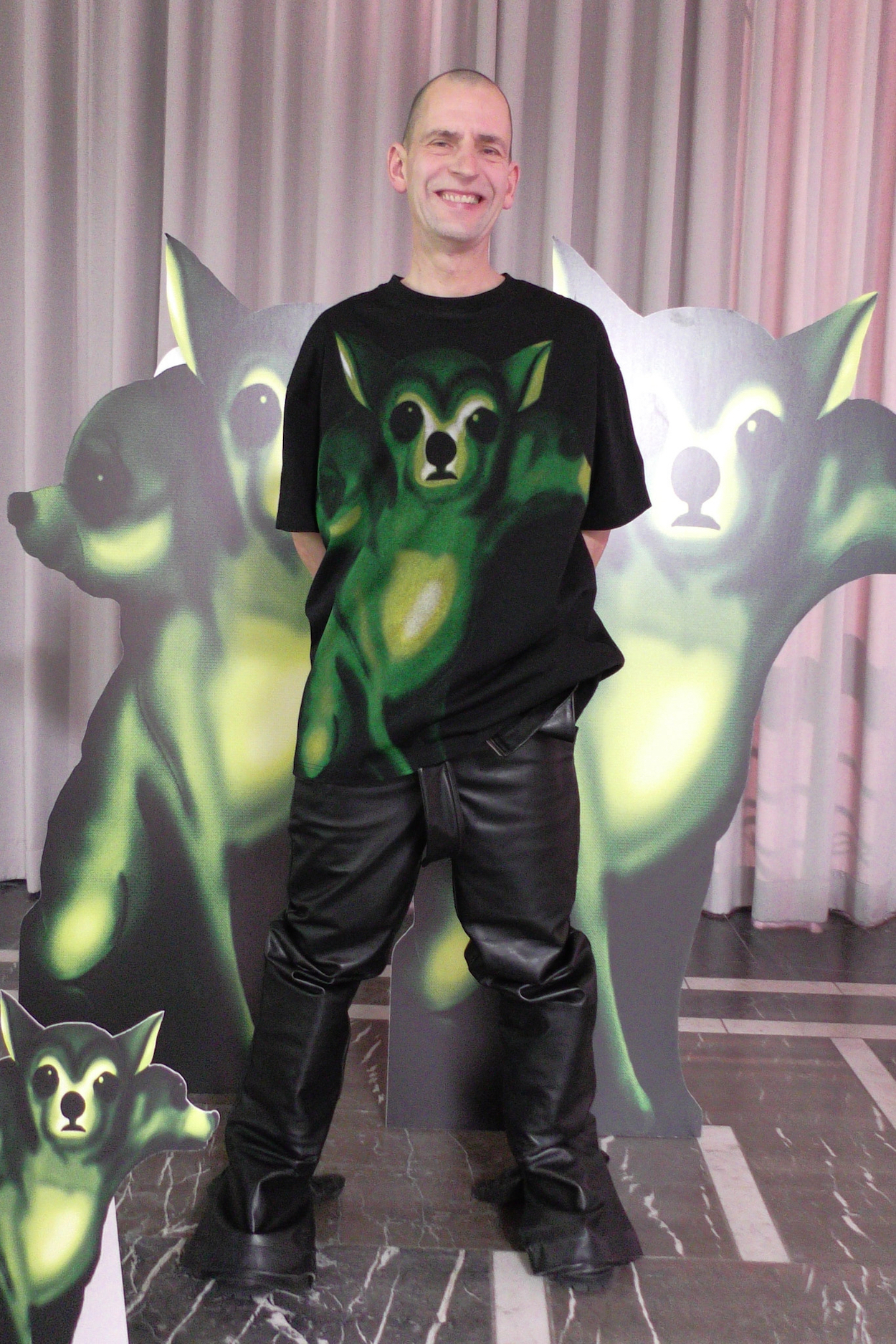
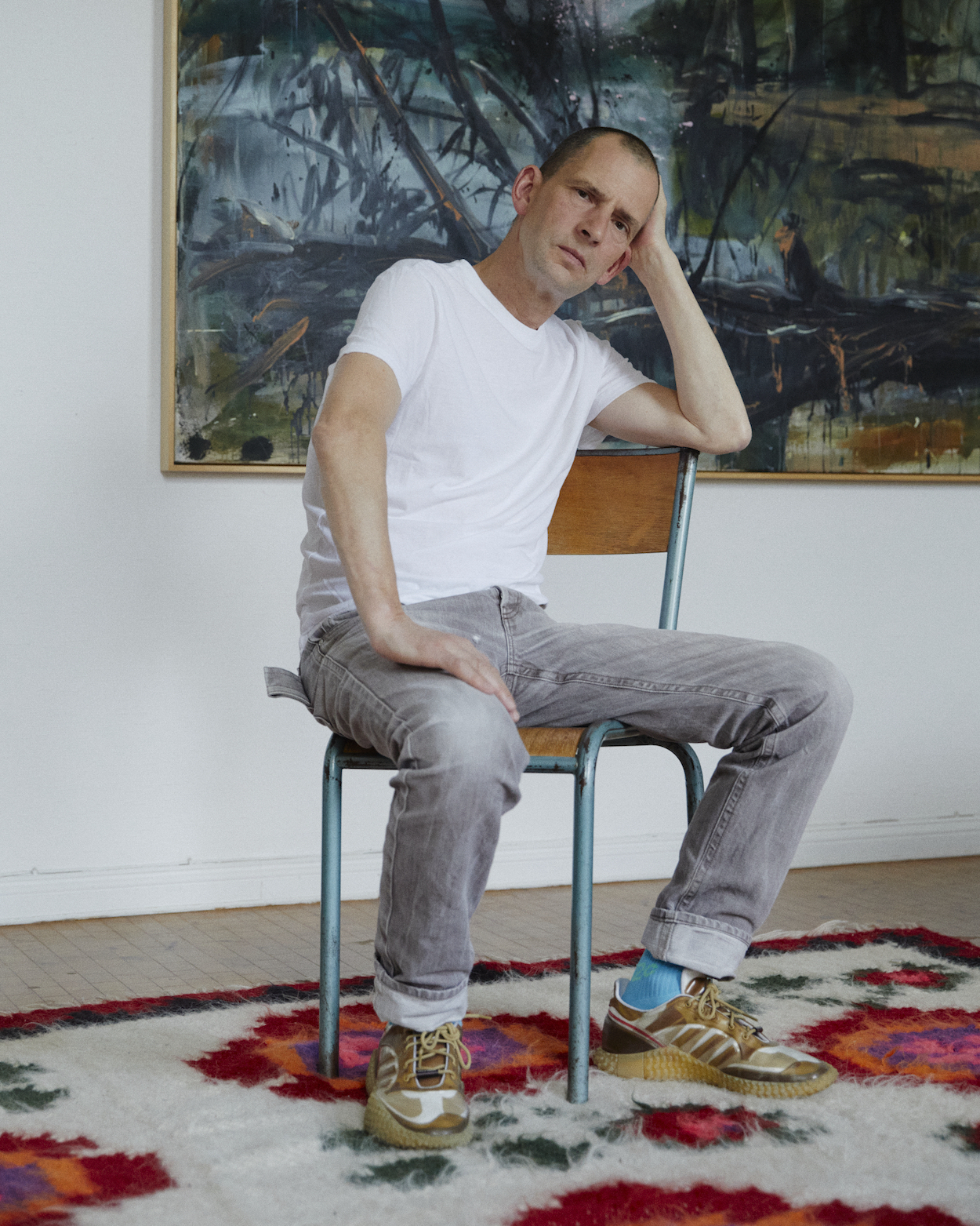
In his debut novel “Noto”, Adriano Sack narrates the story of his protagonist Konrad, who just lost his partner. Set against the vibrant and contradictory landscape of Sicily—their beloved second home—Konrad undertakes a journey of farewell. Surrounded by both longstanding friends and new acquaintances, his journey through grief is intricately interwoven with the rich tapestry of Sicilian life, where the boundaries between life and death, and the old and the new, blur. For Numéro Berlin, the author talks about categories, why routine scares him and what writers don’t like to talk about.
I am a gay man, so I guess the category is correct – if you believe in categories.
Sicily is my second home and a highly desirable place. Also, it is a spot where beauty and death clash – due to the monstrous and majestic volcano. That seemed quite fitting for the story.
Heartbreaking and devastating. The natures, as always and everywhere, is great, but for over 2000 years mankind did their best to spoil and ruin it.
There is a lot of autobiographical stuff in it, a lot of fake-autobiographical stuff and a lot of made-up stuff. So, this novel is a labyrinth, a riddle, a hall of mirrors. What is true though: I do have a house in Noto and a dog named Jack.
Adriano the novel character is a distant relative of me that I am not terribly fond of. Like the bitter and embarrassing uncle who keeps telling stories of his almost greatness (but has a good heart).
Most funeral services end with the guests telling jokes about the departed. I guess we can’t stand the darkness for too long.
There is not a proper age for coming of age. The protagonist is a grown-up man who suddenly experiences a terrible loss that shatters his entire existence. Yet, he finds out that this not only causes a great amount of pain, but it changes him. Better late than never.
Because sex is life.
Gwyneth Paltrow – as the one-eyed horse, the naked soldier, the killer whales in the Mediterranean, the V.I.P. guest at the big wedding party – is a hint that realism is sometimes just not enough. Plus, she is a great cameo, she is one of the major comedians of her generation, and as a businesswoman she is a con artist, obviously.
Of course, but I am not allowed to tell.
I just erased myself in the process.
Routine scares me to death. But it turned out, I write early in the morning and sober. Even my dog has to wait for his morning walk.
I still work as a journalist. I just found out that my true passion is writing. I want to focus on that.
There is pain, doubts, dead-ends in the process. But writing a novel can also be absolutely enjoyable. On good days I believed I could fly.
That is an impossible question. But I give you this: I just finished “James” by Percival Everett. It tells the adventures of Huckleberry Finn on the Mississippi, but instead of Huck the narrator is his friend, the escaped slave Jim/James. The change of perspective creates an entirely new story and the novel is a wild and witty comment on racism in America. Also it is terrible, funny and tender. I guess that is what we are all trying to achieve.

La Verrière, the exhibition space of the Fondation d’entreprise Hermès in Brussels,…
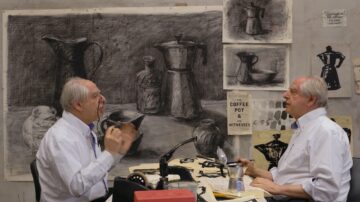
William Kentridge is a renowned artist from South Africa, using sculpture, drawing or…
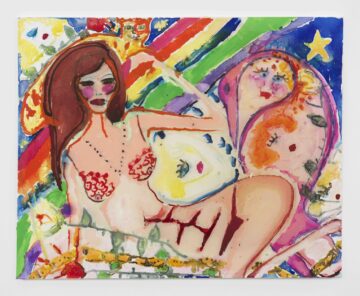
Paz de la Huerta presented Sacrifice, her second solo exhibition with Ruttkowski;68 in…